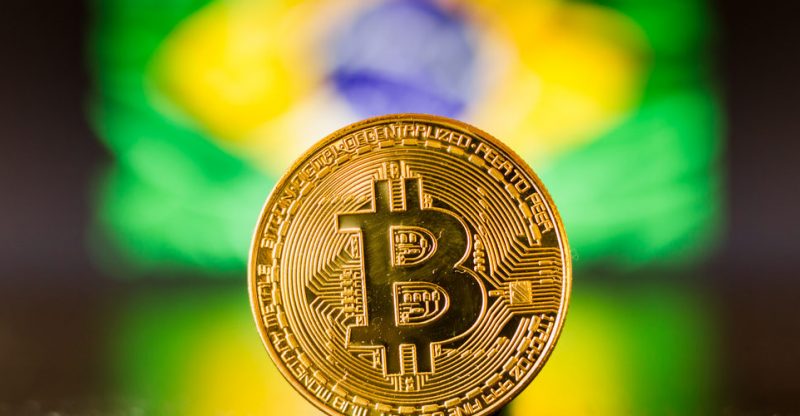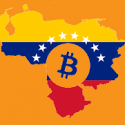Brazil’s Leading Investment Firm Plans To Launch Cryptocurrency Exchange
XP Investimentos, Brazil’s largest investment firm, which provides financial services and manages about $35 billion for over 500,000 clients, is about to launch a cryptocurrency exchange.
Reports from the country’s Department of Federal Revenue states that XP Investimentos had earlier registered XDEC INTERMEDIACAO LTDA, with a registered investment of close to $7.3 million.
Based on data, the new firm back in August 2017 had originally registered as XP COIN INTERMEDIACAO. In November, when most cryptocurrencies started coming up, the firm obtained investment and changes to XDEX. At the beginning of this year, about 80 percent of its $7.3 million was received.
A local news outlet noted that data from the Department of Federal Revenue indicates that the firm has links with XP Investimentos. Currently, its website Xdex.com.br is not operational.
Even though there is more to be discovered about the new cryptocurrency exchange, reports claim that the firm will concentrate on trade via a dealer network. According to the report, “It is not yet known what services the new exchange will provide. A source, who did not want to be identified, said that the action will be in the so-called over-the-counter market. That is: focused on movements of large volumes of capital and BTC.”
From the look of things, XP Investimentos has been making searches on the crypto space, because in October 2017 it was announced that it registered the “XP Bitcoin” brand. During that period, the firm was questioned by reporters and it was disclosed that it was researching cryptocurrency market. In the following month, the firm employed Fernando Ulrich, a Brazilian cryptocurrency expert.
The stance of the firm comes at a time when Brazil’s cryptocurrency exchanges and business launched “rival” cryptocurrency associations. However, the two “rival” associations are yet to know which cryptocurrencies should be regulated in the country.
Fernando Furlan, president of one of the association noted: “There is legal uncertainty. Depending on the purpose, it may be considered a means of payment or a financial asset. “





